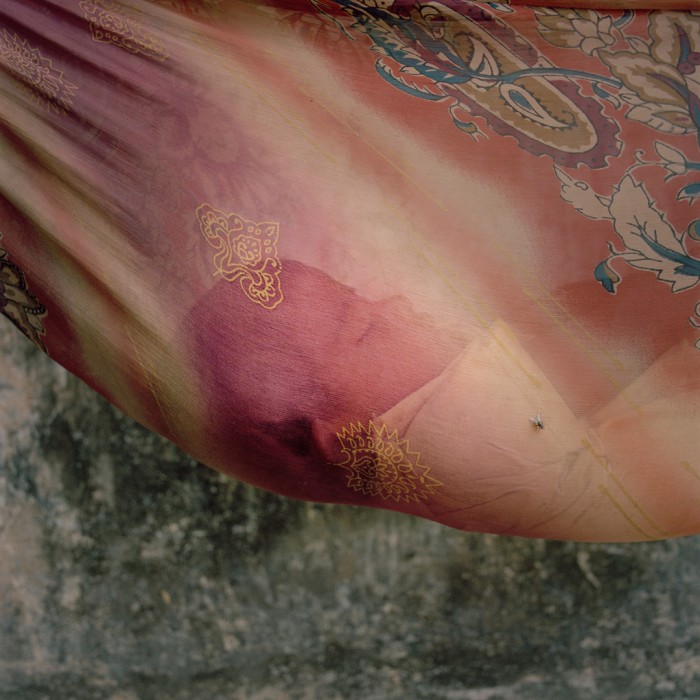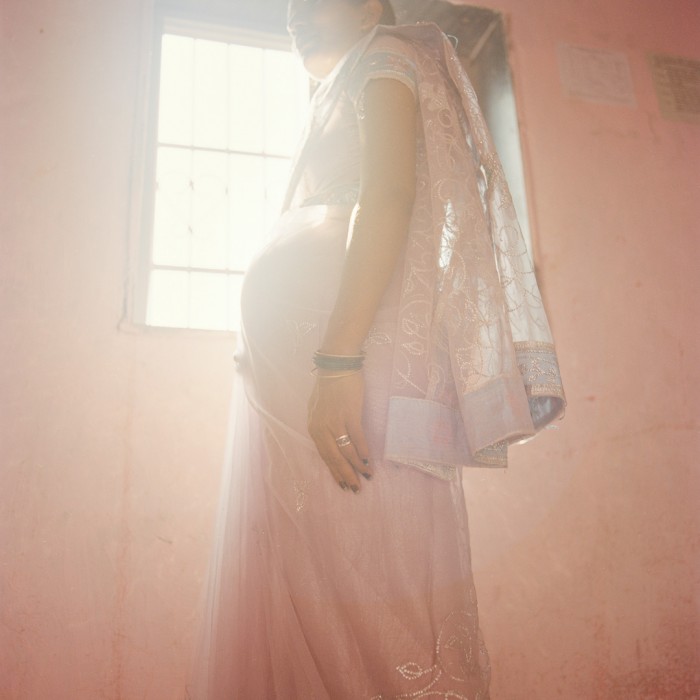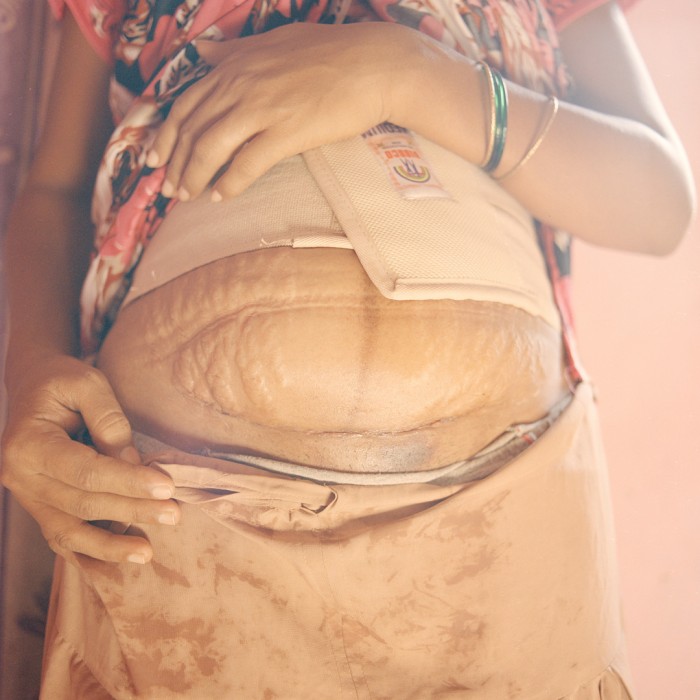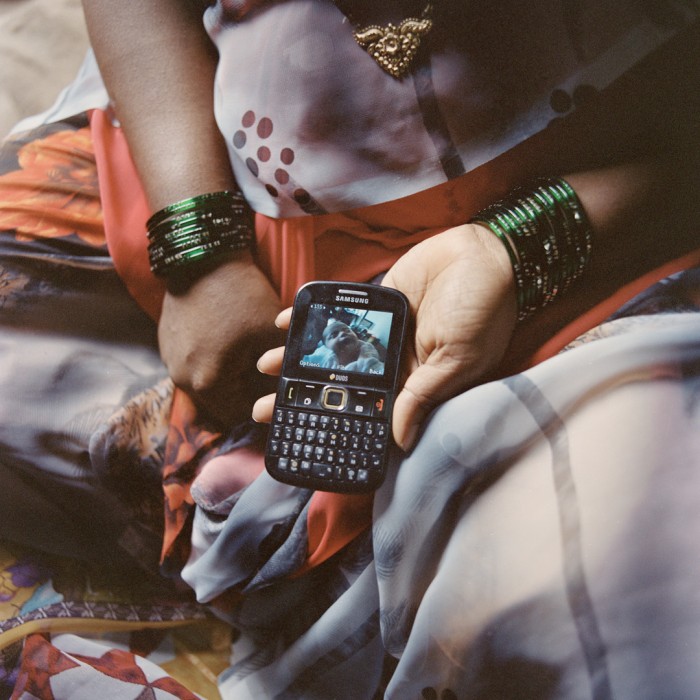The Secret Circle
-
PhotographerAbby Rabinowitz, writer, Italy
-
StudioChiara Goia Photography
-
Website
-
Instagram
Commercial surrogacy is intensely controversial – and nowhere
more so than in India, where foreigners hire local women to
bear their children at bargain prices. The $450 million-a-year
industry has spurred dispute everywhere but, in the articles and
debates, one voice is nearly always missing – that of the
surrogate mothers themselves.
Few foreigners know about the experience of surrogate
mothers, least of all the intended parents, many of whom never
meet the woman who carries their child. In that way, the story of
surrogate motherhood in India is much about how tough it is to
behave ethically in the global economy as it is about pushing
the limits of assisted reproduction.
Commercial surrogacy became legal in India in 2002. New
practices open every year, and, with the help of medical tourist
agents, draw more parents from home and overseas. The sperm
and money arrive by air, from Bangalore and Delhi, New Jersey
and Colorado, from London, Tokyo, Sidney and Jerusalem.
Intended parents come from countries where surrogacy is
illegal, like France, or expensive, like the United States.
In Mumbai, many (if not most) surrogate mothers are illiterate,
and few (if any) keep copies of the contracts they sign.
Mumbai is surrounded by satellite cities and suburbs
constituted by slums from where millions of people every day
pour into the city.
In one of these slum cities I found out about the “Secret Circle”:
women who make a living renting their wombs, who get
involved in surrogacy by word of mouth and who keep this as a
secret to hide from the eyes of the communities they live in and,
in some cases, even from members of their families. Many
expectations and dreams for a better life lay behind their
decision, as many complications and disappointment await them
as the pregnancy carries on.




